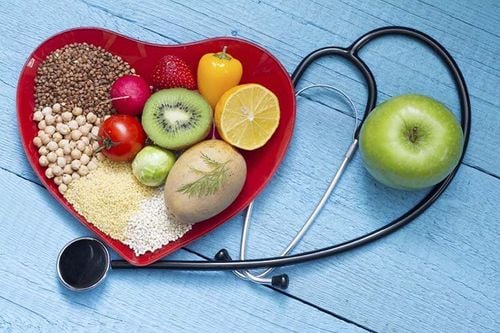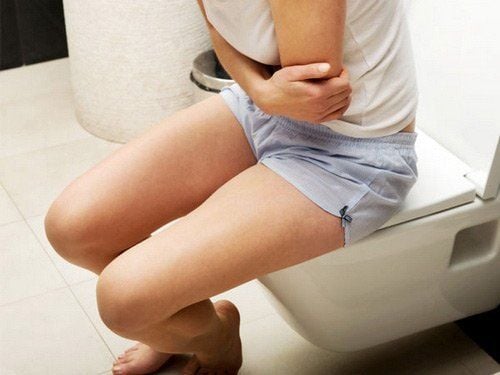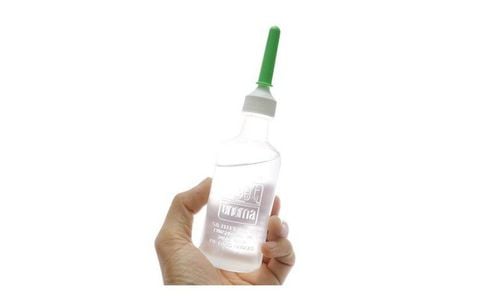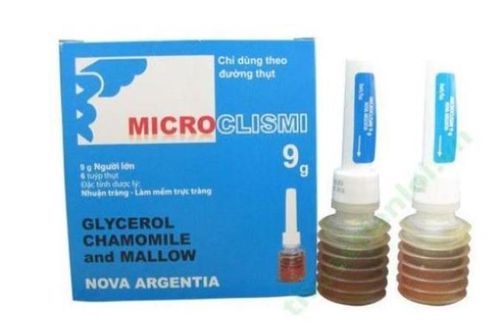This is an automatically translated article.
The article was professionally consulted with Specialist Doctor I Dong Xuan Ha - Gastroenterologist - Department of Medical Examination and Internal Medicine - Vinmec Ha Long International General Hospital. and MSc.BSCKII Phan Thi Minh Huong - Gastroenterologist, Vinmec Danang International General Hospital.Constipation is not a disease but a symptom. There are a few serious health problems that can lead to chronic constipation. Therefore, when suffering from chronic constipation, customers should see a doctor for advice. In case healthy customers are looking for a natural, safe and effective way to improve chronic constipation, hundreds of foods and fiber-rich plant-based products are here. Top choices.
1. What is fiber?
Dietary fiber is defined as the edible parts of plants or carbohydrate analogues, which are not digested and absorbed in the human small intestine, but are partially or completely fermented in the large intestine. Fiber is found in all plant foods such as fruits, vegetables, whole grains, nuts, and legumes.In addition, chitin - a form of fiber - can also be found in the shells of crustaceans such as crabs, shrimps and lobsters.
2. Are all types of fiber the same?
The answer is No. In foods, there are two types of fiber, water-soluble and insoluble. Soluble fiber slows digestion and helps the body absorb nutrients from food. Meanwhile, insoluble fiber helps stool pass faster through the intestinal tract.Most plant foods contain some type of fiber. Foods that are high in soluble fiber include dried beans, oats, rice bran, whole grains, cereals, nuts, and peels of many fruits and vegetables.
3. The most effective type of fiber to improve constipation
Whole grain bread, cereal and pasta (an Italian pasta). Wheat bran is a natural and highly effective laxative.
4. Other fiber-rich foods
Besides whole grain bread, each person should also eat a lot of fresh fruits, green vegetables, legumes such as beans and lentils. Fiber found in oranges, lemons, and legumes stimulates the growth of intestinal bacteria, which helps keep the gut healthy.5. The amount of fiber needed daily
According to the American Dietetic Association, the average American only absorbs about 15 grams of fiber per day, much less than the body needs. Women under 51 need 25 grams of fiber daily, while men of the same age need 38 grams. Women age 51 and older need 21 grams of fiber per day, this figure is 30 grams for men. The American Academy of Family Physicians recommends eating at least 9 servings of fiber-rich fruits and vegetables each day, such as apples, oranges, broccoli, berries, and pears. , beans, carrots. To avoid abdominal pain or bloating due to sudden dietary changes, each person should gradually increase fiber in the daily diet.6. Are prunes a natural laxative?
Often referred to as the “Natural Remedy,” prunes contain sorbitol, a natural and effective laxative for the body. In addition, prunes also contain a large amount of antioxidants that help fight disease, as well as soluble and insoluble fiber in water.7. What if the fiber in whole grains and fruits doesn't relieve constipation?
In this case, try eating foods that contain psyllium husks, or take a fiber supplement. These natural foods have a laxative effect. Drink plenty of water, because fiber needs water to clean the intestines and eliminate waste from the body.
8. When to use psyllium powder (medicine for constipation)
Food is a good source of fiber for the body. However, if you can't get enough fiber from vegetables, fiber supplements like psyllium, methylcellulose, wheat dextrin and calcium polycarbophil are another option. With psyllium powder, mix the powder with water, drink 1 to 3 times a day. Be sure to drink enough water when taking psyllium powder. Flour can cause a feeling of floating for a while before the body gets used to this source of fiber.9. When does fiber not work for constipation?
A high-fiber diet can put an end to persistent constipation. But people with slow metabolism, or pelvic floor dysfunction, are less likely to respond to increased fiber. People experiencing acute constipation should see a doctor for advice, because constipation can be a symptom of potential health problems.Please dial HOTLINE for more information or register for an appointment HERE. Download MyVinmec app to make appointments faster and to manage your bookings easily.














